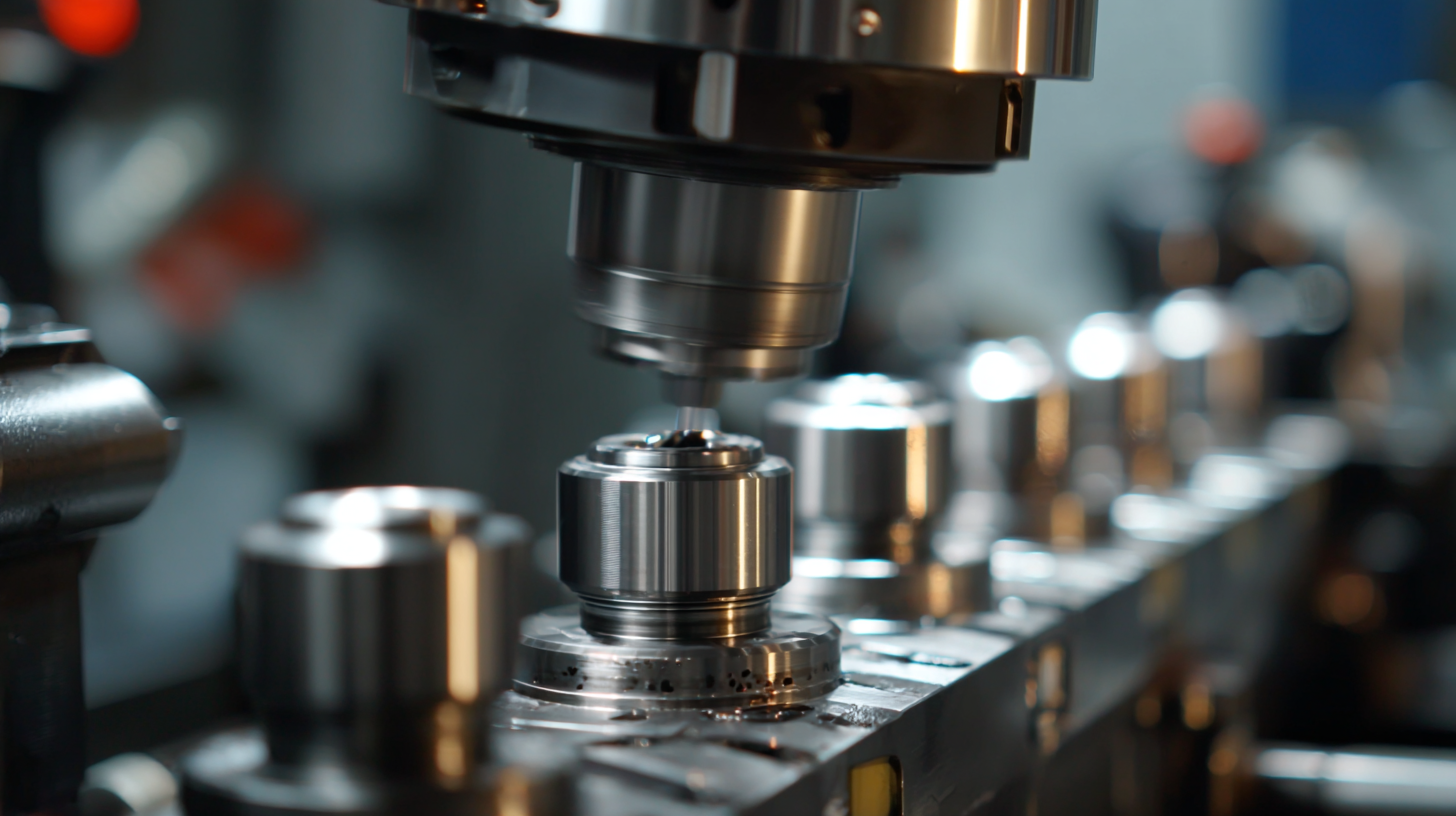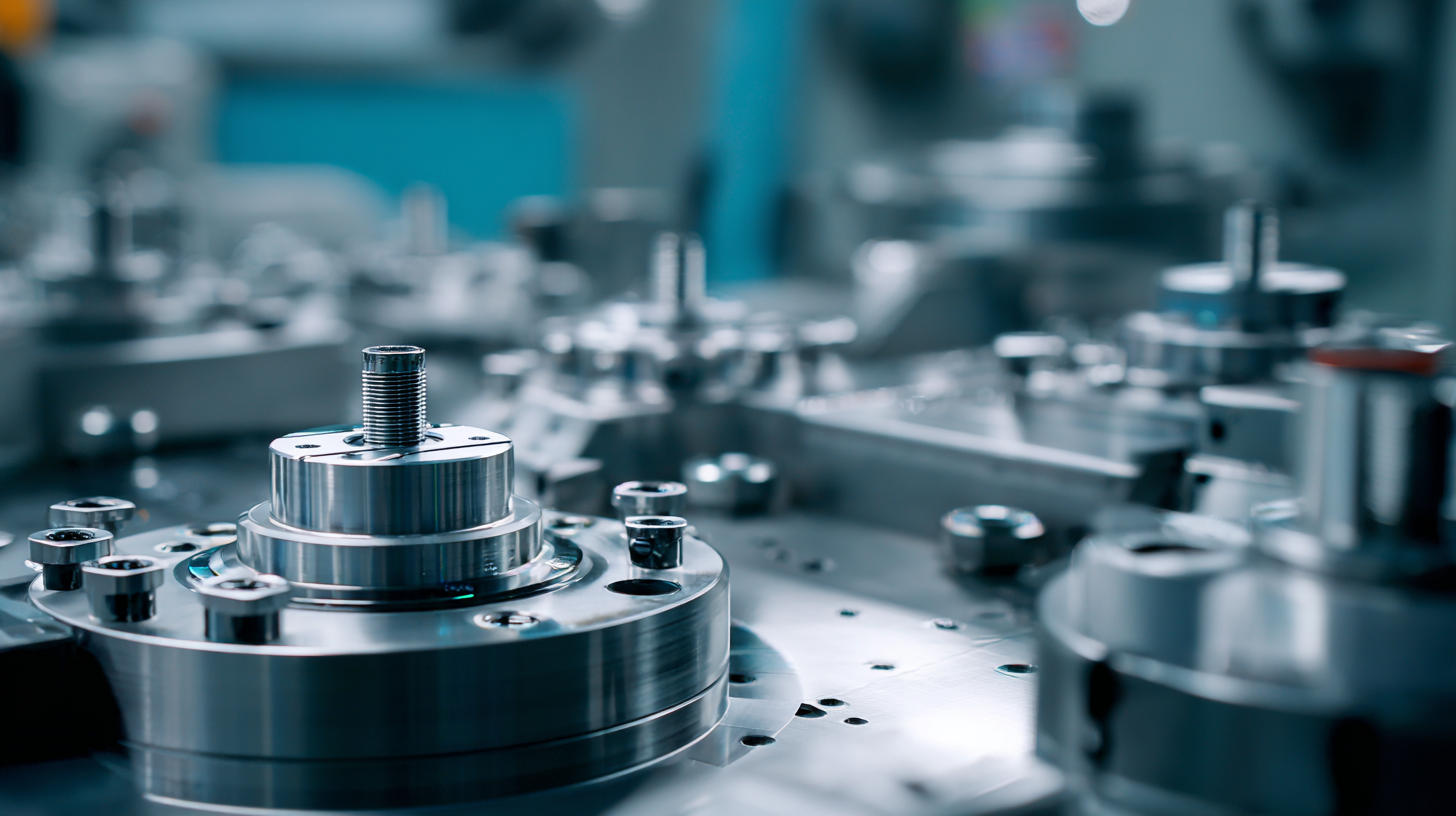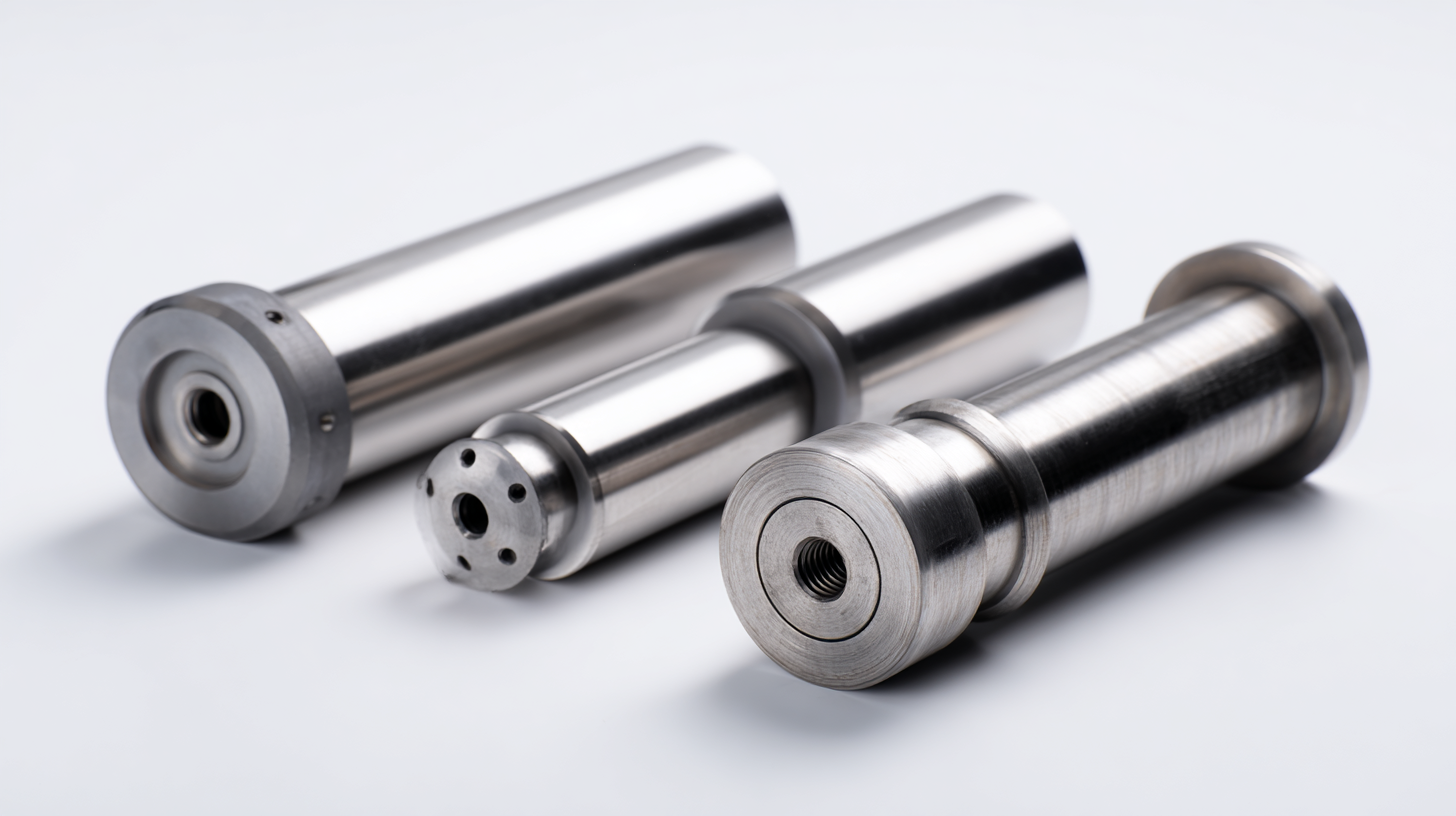Navigating Import and Export Certifications for Superior Teflon Machining Solutions
In the increasingly competitive landscape of manufacturing, precise compliance with import and export certifications is crucial for businesses specializing in Teflon machining. According to a recent report by the International Trade Administration, the global Teflon market is projected to reach $5.2 billion by 2026, driven by its extensive application across various industries, including aerospace, automotive, and electronics. As international trade expands, the complexities surrounding certification processes for Teflon machining solutions become more pronounced. Companies must navigate stringent regulations and quality assurance standards to ensure their products meet both domestic and international requirements. This blog will explore the importance of understanding and obtaining the necessary certifications to enhance Teflon machining capabilities, ensure product integrity, and maintain a competitive edge in a rapidly evolving marketplace.

Understanding the Importance of Import and Export Certifications in Teflon Machining
In the competitive landscape of Teflon machining, the significance of import and export certifications cannot be overstated. These certifications serve as a hallmark of quality and compliance, ensuring that manufacturers adhere to international standards. According to a report by the International Organization for Standardization (ISO), businesses that are certified demonstrate a 23% improvement in operational efficiency due to streamlined processes and increased customer trust. For Teflon machining companies, obtaining certifications such as ISO 9001 not only enhances productivity but also opens doors to global markets where stringent quality controls are mandatory.
Furthermore, the demand for Teflon products is witnessing a steady growth trajectory, with the global Teflon market projected to reach $1.02 billion by 2025, according to a market analysis by Grand View Research. As suppliers look to penetrate these expanding markets, having the necessary export certifications is critical. Compliance with regulations such as the REACH and RoHS directives facilitates smoother international transactions and enhances consumer confidence. Ultimately, import and export certifications are not merely bureaucratic requirements; they are vital tools that can significantly influence a company's reputation and bottom line in the dynamic realm of Teflon machining.
Navigating Import and Export Certifications in Teflon Machining
Key Teflon Machining Certifications and Their Global Impact on Trade
In an increasingly globalized market, Teflon machining certifications play a crucial role in facilitating trade and ensuring product quality. Certifications such as ISO 9001 for quality management systems or ISO 14001 for environmental management not only enhance operational efficiency but also improve customer trust. According to a report by the International Organization for Standardization, over 1.5 million ISO 9001 certifications were awarded worldwide in 2020, underscoring the growing importance of recognized quality standards in global trade.
When navigating the complexities of import and export, companies should remain vigilant about the certifications required in their target markets. Many countries have specific regulations governing Teflon products, particularly in industries like aerospace and medical, where precision and safety are paramount. Gathering insights from industry reports can help companies identify these requirements early in the process, enabling smoother compliance and market entry.
Tip: Always check the latest industry reports and trade regulations for your specific market to ensure that you meet all necessary certification requirements.
Tip: Engage with experts or certification bodies for guidance on the most relevant certifications that can enhance your competitive advantage in international trade.

Strategies for Navigating Regulatory Requirements in Teflon Import and Export
When engaging in Teflon machining solutions, it is essential to navigate the complex landscape of import and export certifications. These regulations ensure that products meet safety and quality standards across borders, making it crucial for businesses to understand the certification processes. One effective strategy is to stay informed about the specific requirements in both the exporting and importing countries. This includes understanding certifications such as ISO and FDA approvals, which can significantly affect the compliance process and overall market acceptance.

Another key strategy is to build relationships with regulators and industry associations. Engaging with local authorities can provide valuable insights into prevailing regulations and any upcoming changes. Additionally, joining industry groups focused on Teflon and related materials can foster connections that may help in understanding best practices for compliance. By leveraging resources and support systems, companies can streamline their certification processes, ensuring a smoother path for their Teflon products in the global market.
How Quality Upgrades in Chinese Manufacturing Enhance Global Competitiveness
In recent years, China's manufacturing sector has undergone significant quality upgrades, positioning the country as a formidable player in global markets. According to a report by McKinsey & Company, investments in automation and advanced manufacturing technologies have increased productivity in Chinese factories by up to 30%, resulting in higher quality products. This shift not only enhances the manufacturing capabilities of Chinese companies but also boosts their competitive edge in international trade.
Moreover, as compliance with global standards becomes increasingly paramount, Chinese manufacturers are investing in certifications that align with international quality benchmarks. A survey by Deloitte indicates that 85% of Chinese manufacturers have improved their adherence to international quality certifications over the past five years.
This commitment to quality not only elevates the standard of Teflon machining solutions but also assures global customers of the reliability and durability of their products. The enhanced quality not only meets international demands but also opens new markets, allowing Chinese manufacturers to thrive in the competitive global landscape.
The Future of Teflon Machining: Certifications Driving Innovation and Quality
The future of Teflon machining is being significantly shaped by the development and enforcement of industry-related certifications. With the global Teflon market projected to reach $3.05 billion by 2027, according to a report by Grand View Research, companies are increasingly recognizing the need for standardized practices that ensure quality and innovation in machining processes. Certifications not only serve as a benchmark for quality assurance but also drive manufacturers to adopt advanced machining techniques that enhance the efficiency and durability of Teflon products.
As industries increasingly demand high-performance materials, adherence to certifications such as ISO 9001 and ASTM standards is becoming vital. A recent analysis by the Plastics Industry Association indicated that certified manufacturers experience a 20-30% reduction in production costs while improving product lifespan and performance. This trend towards quality assurance through certification is propelling innovations in Teflon machining, fostering a competitive environment where only the best practices thrive. As such, the focus on certifications is not merely a compliance issue, but a strategic advantage that can significantly influence the future landscape of Teflon machining solutions.
Navigating Import and Export Certifications for Superior Teflon Machining Solutions
| Certification Type | Issuing Authority | Importance | Renewal Frequency | Impact on Quality |
|---|---|---|---|---|
| ISO 9001 | International Organization for Standardization | High | 3 Years | Ensures consistent quality management |
| RoHS Compliance | European Union | High | Biannual | Limits hazardous substances in products |
| FDA Approval | Food and Drug Administration | Critical | Variable | Ensures safety for food-related applications |
| ASTM Standards | American Society for Testing and Materials | Moderate | Annual | Ensures material and product reliability |
| CE Marking | European Union | Moderate | Variable | Indicates compliance with EU safety standards |